What is Citizen Science (CS)? Can anyone truly participate? To what extent does swabbing the nose of your young children at home and sending the results to scientists align with and can be considered a CS activity? What can be learned about the responsibility and engagement of citizens in CS activities from such activities? To what extent does CS reduce barriers between science and society and benefit diverse stakeholders? These questions are just a sample of the topics raised by seven of the nine CS Track project partners, reflecting on their own understanding, perceptions and findings, on the occasion of the project’s first anniversary.
One-year journey into Citizen Science
CS Track was initiated in December 2019 in the framework of the Horizon 2020’s “Science with and for Society” programme. It aims to broaden our knowledge about Citizen Science by investigating Citizen Science activities, using a triangulation approach for combining web-analytics with qualitative methods from social science research.
While our partners are all experts in their own fields, spanning from computer scientists to social and educational scientists, their views and experience within the field of citizen science vary greatly.
CS Track is celebrating its first anniversary, concluding a very fruitful and productive year, with many outputs and results. To mark this milestone, we have asked project coordinators and work-package leaders to describe their one-year journey into citizen science. We sketch out the development in their perceptions over this period, their hands-on experiences and their increased appreciation of this growing and dynamic field. Clearly, this is an overview and an introduction to our work, more detailed reports on specific activities and outcomes are available through reports in the eMagazine and in our other outputs.
Conclusion
We conclude with a broad view on the present status of the CS Track project and its current challenges. First of all, data gathering from, for example, existing research studies or from running CS projects, via questionnaires (e.g. current survey) and interviews, has been found more demanding than anticipated in terms of project resources. In parallel, the web analytics work, on which CS Track builds much of its strategy to obtain information suitable for analysis and knowledge building, is just starting. The evolution and convergence of these two paths will determine the relative weight of each source in our database and, ultimately, the extent to which CS Track will provide the fresh, novel understanding of Citizen Science that we have promised in the project proposal and which we strive to achieve.



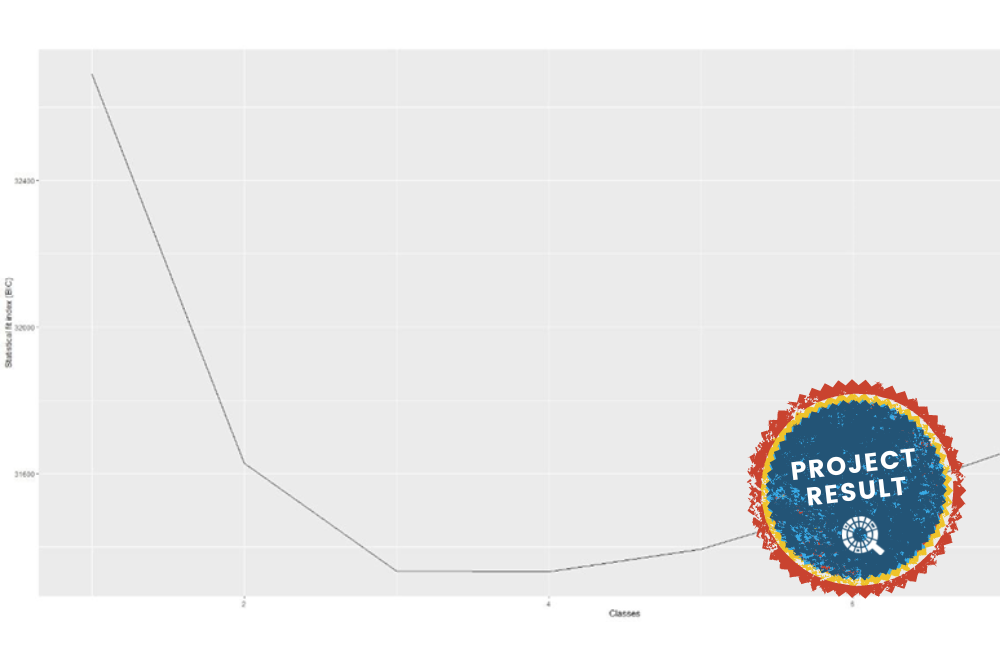
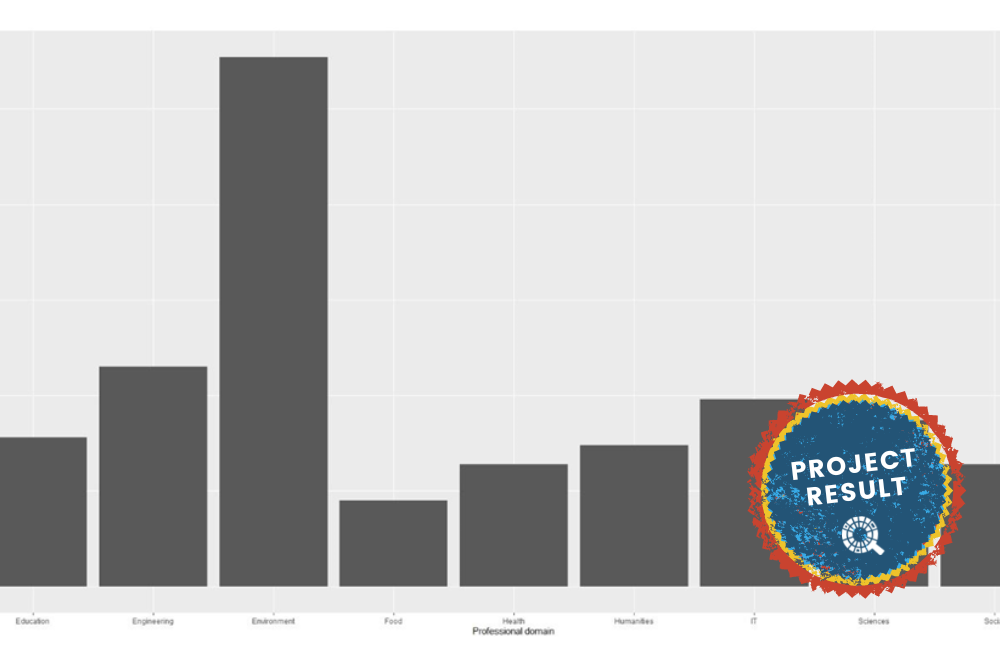
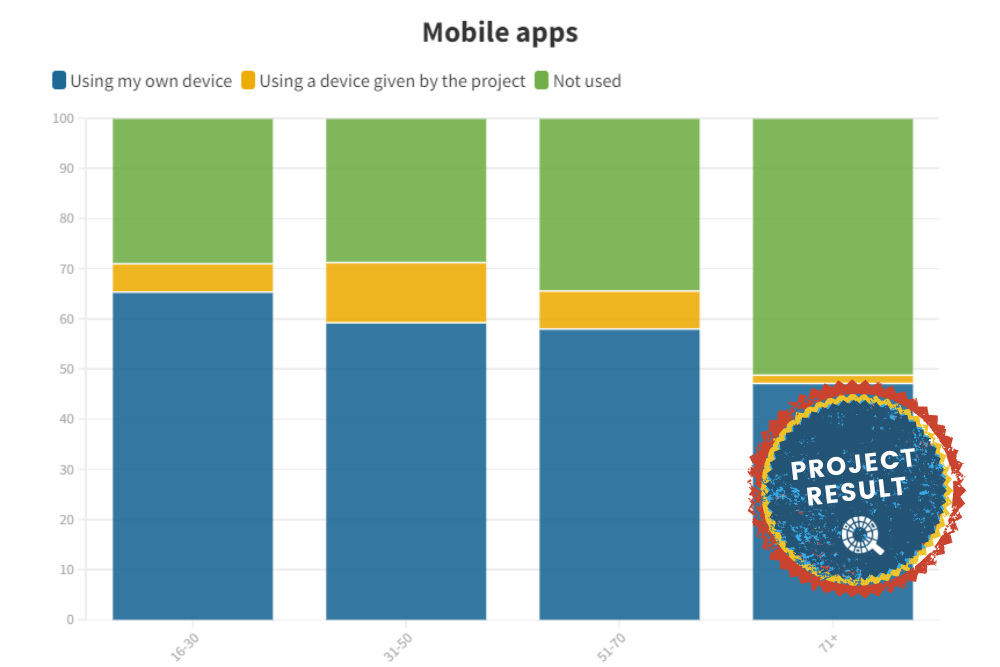
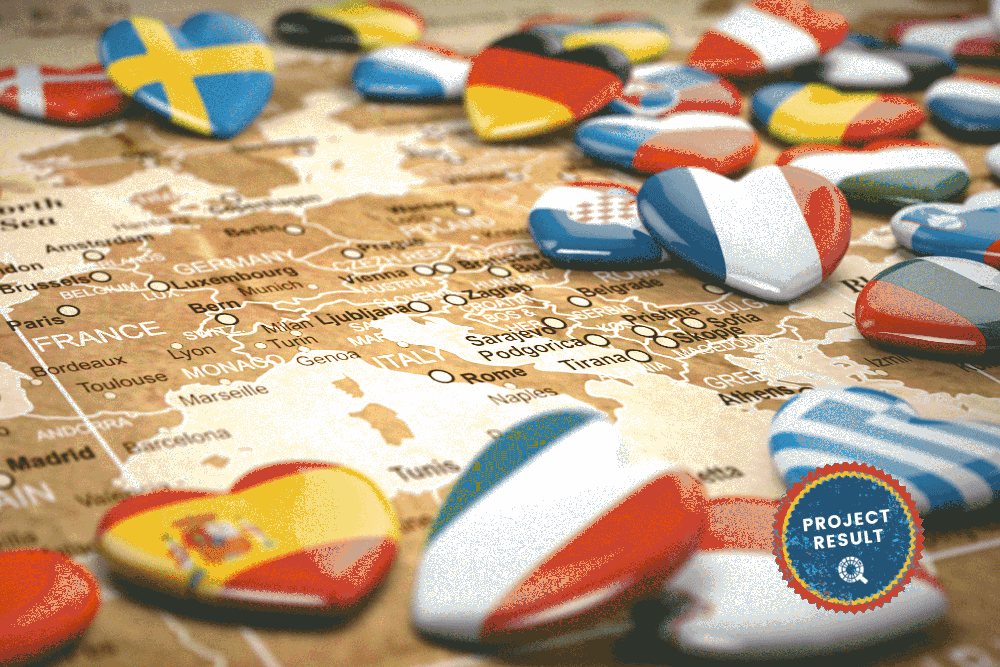





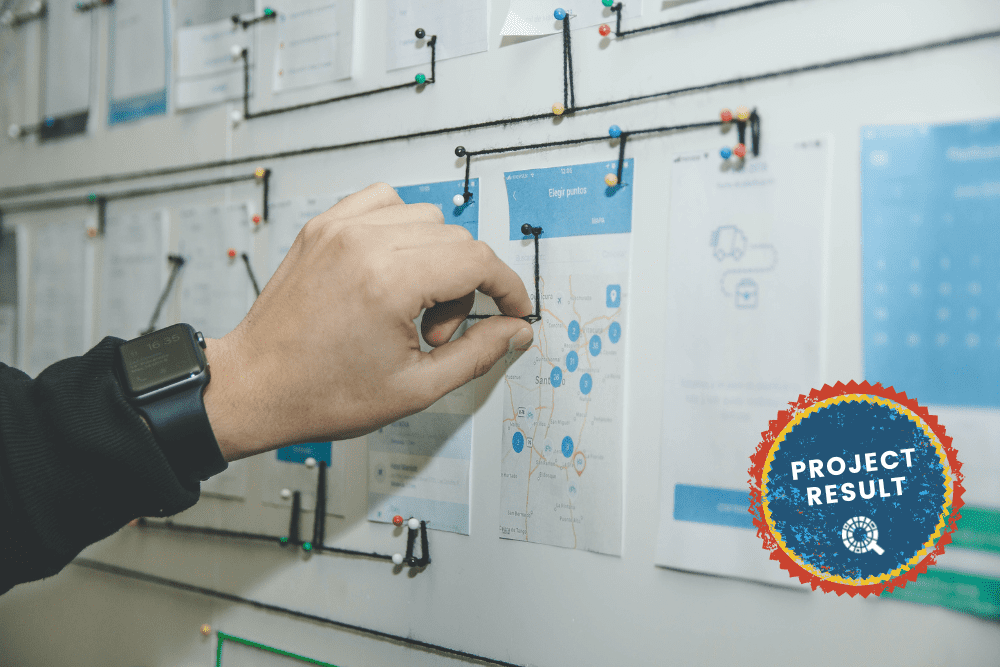

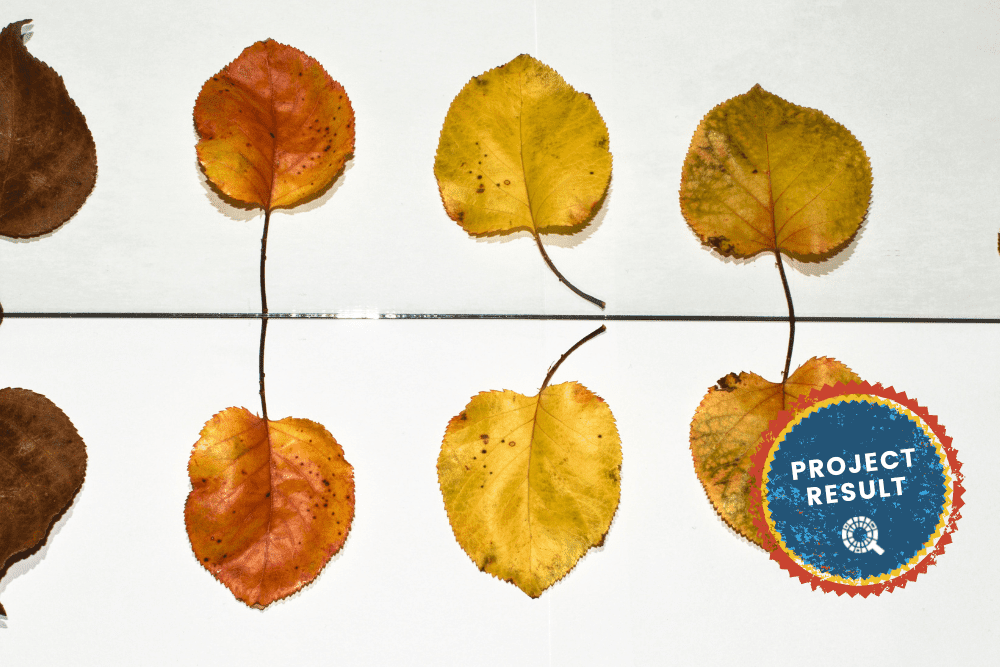


thanks for publishing the article. as one of the authors im thrilled to hear more opinions on what CS activities are and how to explore thwm